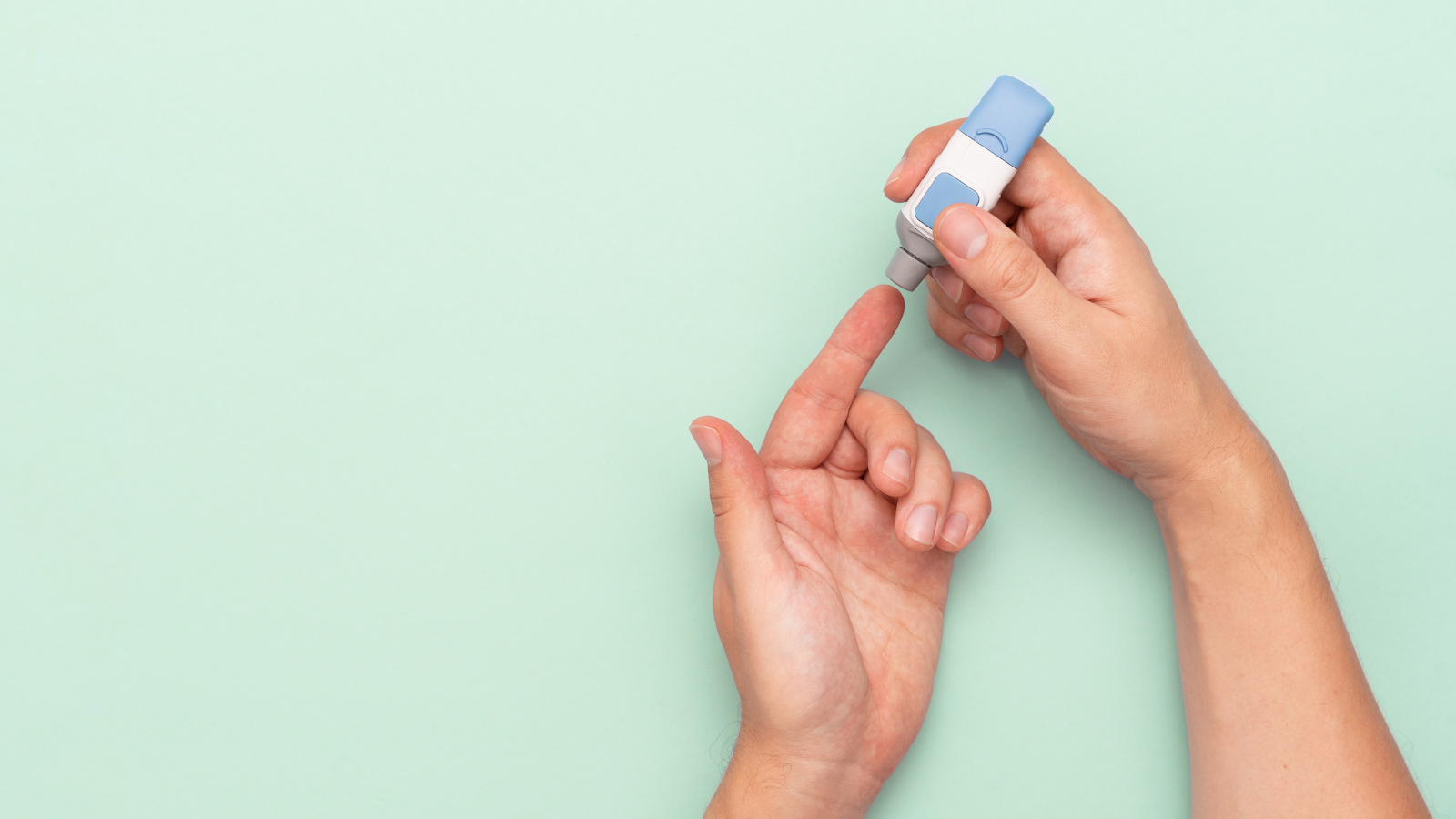Recently, the CDC announced that US life expectancy dropped by 1.5 years in 2020 - a sobering consequence of the pandemic. If we weren't thinking about health and longevity before, we are now.
The science of longevity has come a long way over the last decade. While there's still no silver bullet, we know that diet and lifestyle can have a big impact on both life expectancy and healthspan - a new concept that reflects your healthy years.
In this edition, we're covering some of the most common questions we get about longevity (minus COVID, which is its own beast). Does intense exercise shorten your lifespan? Can fasting help turn back the clock? We've got this for you and more.
Here’s to looking (and feeling) like you're 20 again!

1. Is eating less the secret to living longer?
From improved biomarkers to reduced cancer risk, a growing body of evidence suggests that calorie restriction offers health benefits that could potentially lead to a longer life.
2. Intense exercise: Longevity friend or foe?
Vigorous exercise can help improve many indicators of health and disease. But too much intense exercise, without adequate recovery, could lead to heart problems.
3. Intermittent fasting (IF) and lifespan.
IF impacts physiological processes including hormone function, cellular regeneration, and metabolism, and now, emerging evidence suggests that it might reduce all-cause mortality risk too.
4. Why do we age?
Have you ever wondered why we get old? Read about the programmed, error, genetic, evolutionary, and biochemical theories of aging in this piece.
🚨 New app features now live!
Have you been in our app recently? We've got some exciting new features to help you get even more out of your Elo experience. Check out
<iframe width="560" height="315" src="https://www.youtube.com/embed/R5SPYoanTo0" title="YouTube video player" frameborder="0" allow="accelerometer; autoplay; clipboard-write; encrypted-media; gyroscope; picture-in-picture" allowfullscreen></iframe>
Disclaimer: The text, images, videos, and other media on this page are provided for informational purposes only and are not intended to treat, diagnose or replace personalized medical care.


Share:
Does intermittent fasting improve longevity?
The best foods and longevity supplements to improve your healthspan